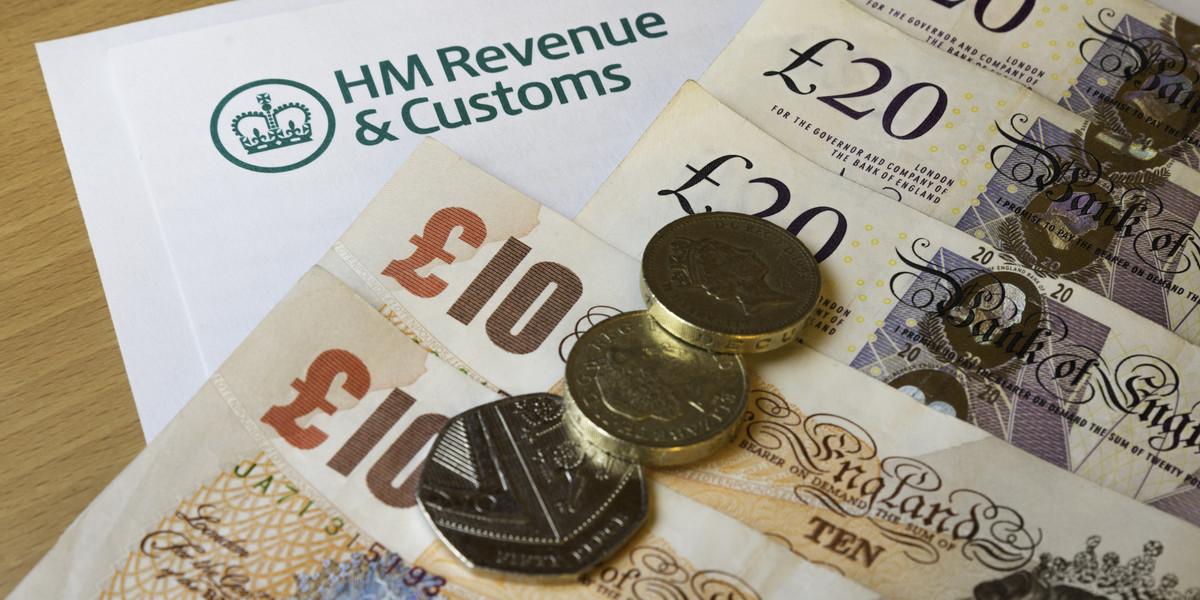There are only a few weeks left to submit your tax return to HMRC. The tax date for postal submissions has long gone, which leaves you with three options: submit online using the HMRC website, use an accountant to complete your form for you, or use Self Assessment software.
It’s important to get this part of the process completed as soon as possible. Once you’ve sent off your Self Assessment, you can shift the focus to actually paying what you owe the taxman.
Here’s everything you need to know about settling your tax bill, including information on payment deadlines and methods.
When do I need to pay and how much will I owe?
For any tax you owe from the tax year 2018/19, you have until midnight on 31 January 2020 to make the necessary payments.
You also need to make two “payments on account” every year – which are advance payments made towards your overall tax bill. The first payment on account is lumped into your January payment, and the second is due at midnight on the 31st July.
How much you need to pay will be dependent on how much you’ve earned. In most instances, you’ll pay half the previous year’s tax bill on the final day of January, and the remaining half in July.
If you’re struggling financially, you can set up a budget payment plan that lets you pay in instalments. You can do this by logging into your HMRC account.
How can I pay my tax bill?
There are various ways to pay your tax bill, but the later you leave it, the busier HMRC gets and the longer the process will take.
Unfortunately, you won’t be able to use your personal credit card to pay tax anymore. This payment method has been removed, however, debit cards, business credit cards, direct bank transfers and telephone payments are all still accepted by HMRC. With deadline day looming large, you’ll need to opt for the fastest possible payment method to ensure the money arrives on time.
Payment via telephone or CHAPS (fast transfers available with several banks) will often see the transaction completed on the same working day, so these are your best options. BACS, on the other hand, can take up to three days to go through, so may be a little risky depending on how much time you have to play with.
What happens if I miss the deadlines?
If you miss the deadline day for your tax bill, you’ll be forced to pay a £100 penalty. Further delays are then penalised as follows:
- 30 days: 5% of any unpaid tax
- 6 months: A further 5% of unpaid tax
- 12 months: A further 5% of unpaid tax
There are talks of reforming the penalties currently in place to a points-based system, like that which drivers face. Regardless, the longer you delay settling your tax bill, the more you’ll need to pay – with the potential for thousands of pounds owed to HMRC.
Don’t leave it too late. Submit your Self Assessment now and make sure all the necessary payment procedures are in place before the end of January. You’ll save money and stay in the taxman’s good books – and that’s never a bad thing.












